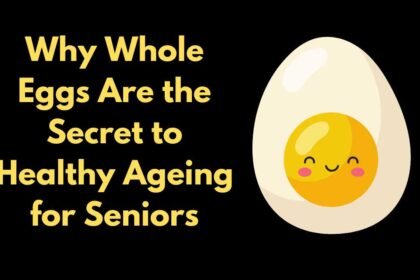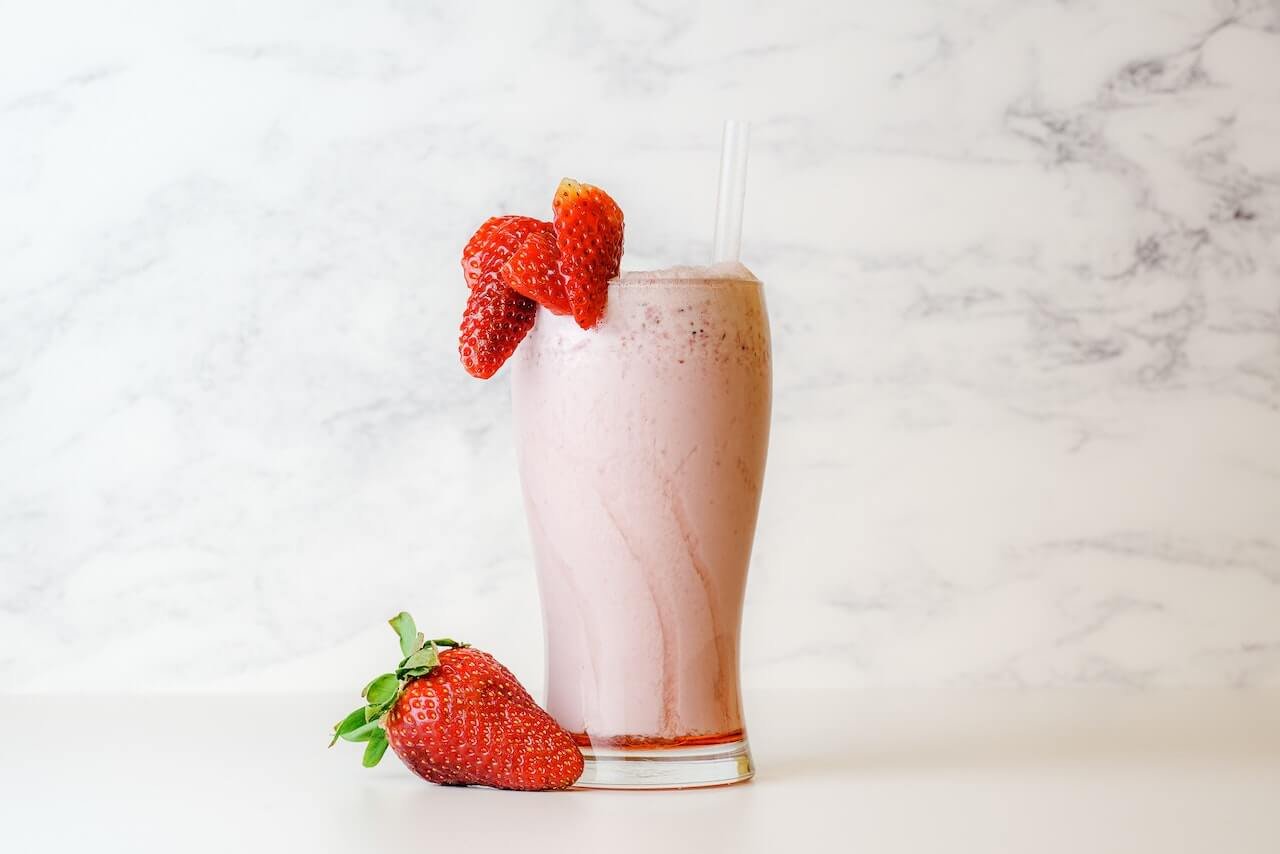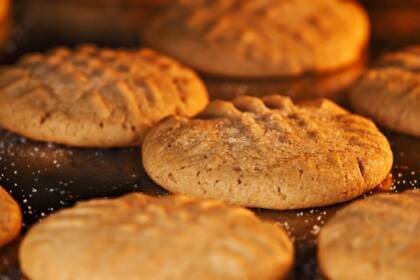A lot of people love pizza as a comfort food, especially late at night. That cheesy slice can feel like the right treat whether you’re watching a movie, finishing up work, or just in the mood for something tasty.
However, I want to warn you that eating pizza right before bed may not be the best thing for your stomach or sleep.
About one-third of Americans have acid reflux at least once a week. If this sounds like you, you may already know how painful it can be after a big meal.
The trouble with pizza is especially bad. Let’s talk about why eating pizza right before bed can make you have a bad night and what you can do instead to stay healthy while satisfying your wants.
Pizza and Acid Reflux: A Troublesome Combo
One of the worst things about eating pizza before bed is that it can cause acid reflux. Heartburn, which is actually acid reflux, is when stomach acid runs back into the oesophagus and makes your chest or throat hurt.
A study in the journal Gastroenterology says that more than 30% of Americans have this at least once a week.
Pizza can easily trigger acid reflux for several reasons:
- Tomato sauce is naturally acidic. It irritates the lining of the stomach and esophagus.
- Cheese and other toppings are high in fat, which slows digestion and increases the likelihood of acid creeping back up the esophagus.
- Lying down after eating worsens the situation by removing the natural gravitational barrier that keeps acid in the stomach.
🧠 Did You Know?
LES stands between your oesophagus and stomach and opens and closes like a gate. When you eat fatty foods like pizza, it loosens up. This lets acid leave and move up.
High Fat Content Slows Digestion
It’s great that pizza is so greasy, but all that fat costs something. It takes more work for the digestive system to break down foods that are high in fat. In other words:
- Longer digestion time keeps the stomach busy for hours.
- More acid production is needed to break down the heavy meal.
- Discomfort increases when your body tries to rest but your stomach is still processing food.
Review published in 2021 in Therapeutics and Clinical Risk Management proved that high-fat foods like pizza are one of the main causes of GERD symptoms at night.
You might not feel the effects right away, but when you lay down, your full stomach and the pull of gravity make it easier for stomach acid to rise. This can cause you to feel bloated, burp, and have a hot chest.
Spicy and Processed Toppings Worsen the Problem
Some pizza toppings are very spicy, salty, or made in a lot of ways. In your mind, picture sausage, pepperoni, hot sauce, or jalapeños. These improvements might make you feel better, but they can also:
- Increase stomach acid and irritate the digestive tract.
- Trigger inflammation, especially in people with sensitive stomachs.
- Promote bloating and gas, making it hard to relax or sleep.
Studies have shown that spicy foods may lower sleep quality and raise body temperature, which can keep you tossing and turning all night.
Also Read: 10 Best Foods to Eat Before Bed for a Peaceful Night’s Sleep
Sleep Disruption and Poor Sleep Quality
If you eat pizza right before bed, your body has to work on digesting it instead of getting ready for sleep. This changes your circadian rhythm, which is your body’s natural clock. How to do it:
Disrupted REM cycles: Late-night eating can cut into the deeper stages of sleep.
Increased body temperature: Digestion naturally raises your body heat, but a cooler body is better for falling and staying asleep.
Nighttime awakenings: Heartburn or reflux symptoms often wake people up in the middle of the night.
A study in the Journal of Clinical Sleep Medicine found that eating late, especially meals that are high in fat or spice, is linked to less restful sleep and shorter sleep length.
Weight Gain and Metabolic Issues
There are a lot of calories in pizza. Pepperoni pizza has between 300 and 400 calories per slice, and most people eat more than one. These extra calories eaten late at night can:
- Increase fat storage, especially if your activity level is low.
- Raise blood sugar levels, which interfere with insulin sensitivity over time.
- Disrupt metabolism, especially when eating becomes a nighttime habit.
Over time, eating late at night often is linked to heart disease, fat, and type 2 diabetes. The metabolism naturally slows down at night, which makes it harder for the body to break down big, heavy meals.
It Can Make You Feel Sluggish the Next Day
When you wake up after a night of bad sleep and stomach pain, it’s not surprising that you might feel tired, bloated, or uninspired.
Sleep and digestion go hand in hand. Your mind and energy will be low the next day if your body is having a hard time recovering overnight.
Symptoms you might experience after a pizza-filled night include:
- Brain fog
- Irritability
- Fatigue
- Stomach cramps or nausea
This can affect your performance at work or school, your mood, and even your immune system if it happens frequently.
Healthier Alternatives to Pizza Before Bed
If you want something tasty late at night, you don’t have to ruin your sleep or stomach to get it. Here are some easier on your system, better snacks you can eat before bed:
- Greek yogurt with honey and berries – high in protein, good for digestion
- Banana with almond butter – calming and rich in magnesium
- Oatmeal with warm milk – soothing and gentle on the stomach
- Whole grain toast with avocado – provides fiber and healthy fats
- Chamomile tea with a slice of whole wheat cracker – calming and easy to digest
These snacks help stabilize blood sugar levels, support relaxation, and won’t leave you feeling weighed down.
Tips for Better Nighttime Digestion
If you can’t resist eating pizza (or any heavy food) at night, here are some simple ways to reduce the damage:
- Eat at least 2–3 hours before bed to give your stomach time to digest.
- Stick to a smaller portion – one slice instead of three.
- Choose lighter toppings like vegetables instead of meats and extra cheese.
- Drink water or herbal tea instead of soda or alcohol.
- Stay upright – walking or sitting after eating helps digestion.
Adopting these habits can protect you from discomfort while still letting you enjoy an occasional indulgence.
When to See a Doctor
If you often get heartburn, acid reflux, or trouble sleeping after eating, it might be more than just a problem with late-night snacks.
If the symptoms don’t go away, you might have GERD (Gastro-oesophageal Reflux Disease), which needs medical help.
Signs to watch out for:
- Heartburn more than twice a week
- Trouble swallowing or feeling like food is stuck
- Chronic cough or sore throat
- Waking up choking or coughing at night
In these situations, a doctor might suggest making changes to your lifestyle or food, or they might suggest medicines like proton pump inhibitors (PPIs).












